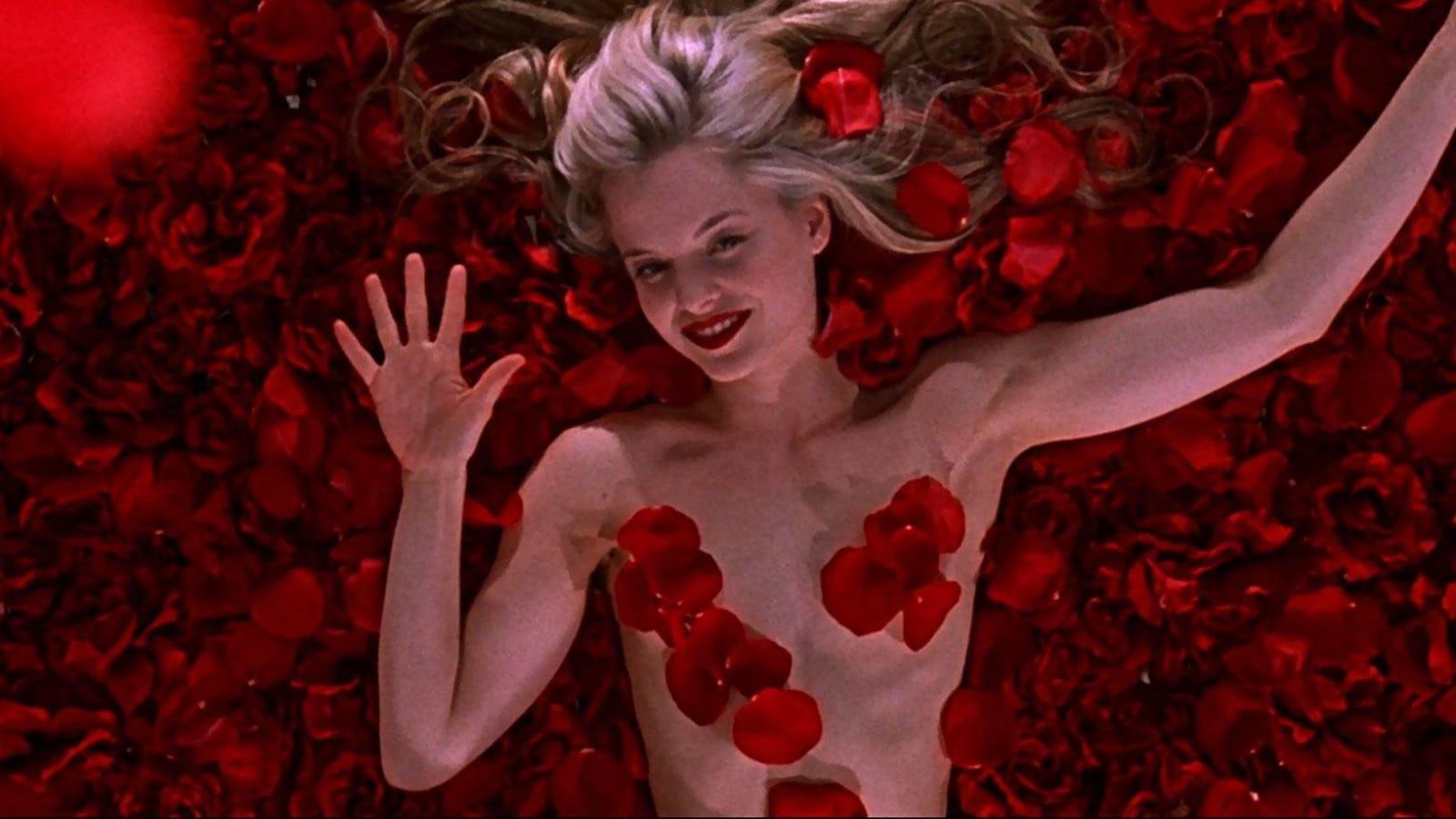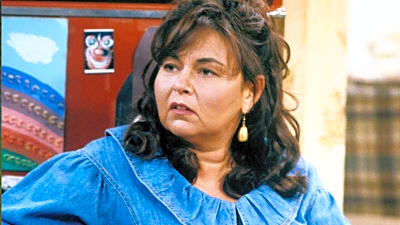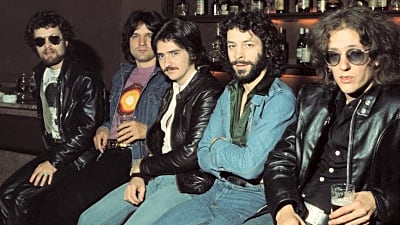
The stupidly short shelf life of 'American Beauty'
“Mr. Spielberg has told colleagues it’s one of the best films he’s seen in years.”
"American Beauty" never stood a chance. Not in the long term. In the short term, it was the perfect awards season thoroughbred: a fearless biopsy of American suburbia and the material triumphs chased by its denizens. It had big performances from big talents, shockingly assured direction from a first-time filmmaker and a prickly screenplay that spoke to the moral malaise that had quietly taken hold in the penultimate, post-impeachment year of the Clinton administration. The economy was booming. The dot-com bubble was still inflating. Life was good. Too good. It was time to start looking for signs of rot. Up jumped "American Beauty" to remind us how fundamentally unhappy we were beneath our cheery, well-salaried façades.
Unfortunately, rank-and-file moviegoers never had a chance to discover the movie for themselves. Two months prior to the film’s release, The New York Times’ Bernard Weinraub kicked off his "At the Movies" column with a buzzy heads-up that a game-changing, endorsed-by-Spielberg masterpiece was headed our way.
It read like a press release, but landing as it did in the middle of a particularly miserable summer (and after the disappointment of "Star Wars – Episode One: The Phantom Menace"), movie buffs couldn’t help but get charged up. There were early word-of-mouth screenings and then a skillful platform release that allowed the film to gradually pick up steam and slow-roll its way to a $130 million gross. Even in the midst of an awards season stuffed with audacious studio releases like "Fight Club," "Three Kings" and "Magnolia," "American Beauty" remained the movie of the moment. Its Best Picture victory the following March was a fait accompli.
The backlash wasn’t immediate, but when it finally hit it was brutal. For a film that asked us to "look closer," "American Beauty" felt awfully empty. In the year of "The Insider," "The Talented Mr. Ripley" and "Election," this won Best Picture? Opinions were quickly revised. Six years to the month after its theatrical release, Premiere declared it one of the 20 most overrated movies of all time.
How did we get is so wrong? Did we get it wrong?
Beneath cinematographer Conrad Hall’s evocatively lit veneer (his Oscar was richly deserved), "American Beauty" is little more than a self-satisfied quasi-satire about assholes. Sam Mendes clearly wants it to be more. He wants us to sympathize with the characters and mourn what they’ve become. But it’s unclear that screenwriter Alan Ball ever meant for us to like anyone other than the drug-dealing voyeur Ricky Fitts (Wes Bentley) and his insecure girlfriend Jane Burnham (Thora Birch). The film’s periodic voice-over belongs to Kevin Spacey’s Lester Burnham, but the perspective does not; while his reversion to a second young adulthood serves as the script’s comedic hook (he blackmails his boss into granting him a year’s severance, starts smoking pot and lusts for his daughter’s best friend), we don’t know or care enough about Lester to get invested in his petulant rebellion. As Jane observes, he’s pathetic. Cutaways to an old picture of a smiling Burnham clan might tell us they were happy once, but they fail to assure us they weren’t assholes then too.
Carolyn Burnham (Annette Bening) gets the worst of it. She’s a desperate careerist from the start who openly flirts with the "King of Real Estate," Buddy Kane (Peter Gallagher), in front of Lester and Kane’s wife at an industry function. She eagerly leaps into a motel-bound affair with Kane and ecstatically feeds his ego – “You… are… the… King!” – as he pumps away. In the film’s worst scene, Carolyn tries to get Jane to side with her after an explosive dinner-table row with Lester and viciously slaps her across the face when she refuses to take the bait. Lester wonders what happened to the vivacious young woman who used to fake seizures to get out of frat parties and flash traffic helicopters; the answer, the film tells us, is that she grew up to be the shrill harpy she was always meant to be (also, she might’ve blown Lester’s head off had she arrived at the house a few minutes before Chris Cooper’s Frank Fitts).
The most reviled scene in "American Beauty" is probably Ricky’s deeply felt monologue about watching a plastic bag "dance" in the wind. He’s moved to tears as he shares the experience, replete with video, to Jane, and his revelation that he was thrown in a mental hospital for two years by his ex-Marine father gives us reason to accept this curious sensitivity as something genuine. But this is also the kid who, upon discovering a homeless woman who’d frozen to death, whipped out his video camera to memorialize the moment. He lives at a remove from reality, the same degree of remove from which Ball seems to have written his screenplay. Ricky is above it all. He sees clearly. That he’s attained this god’s eye perspective via the mental and physical cruelty visited upon him by his father — which we all can agree is wicked, no matter what motivates it (he’s deep, deep, deep in the closet) — places us solidly in his corner.
So what to make of the fact that Ricky puckishly triggers Lester’s self-destructive backsliding (via a potent strain of marijuana) and, inadvertently, his murder by Frank’s hand (which is inspired by some stilted bedroom farce business involving assumed fellatio). He’s basically the film’s Puck, except he lacks the power to restore amends at the film’s bloody conclusion. Instead, we get Lester’s self-regarding soliloquy, wherein we realize he managed to live out his meager American dream. He got his 1970 Pontiac Firebird. He got his daughter. Perhaps it’s appropriate that the film ventures no deeper than this and that the spell it cast on moviegoers was equally short-lived.
Many people may be content to live dead-end lives, but this isn’t a newsflash and it’s certainly not the stuff of cinema, no matter how entrancing the trimmings.
More must-reads:
Customize Your Newsletter
 +
+
Get the latest news and rumors, customized to your favorite sports and teams. Emailed daily. Always free!







